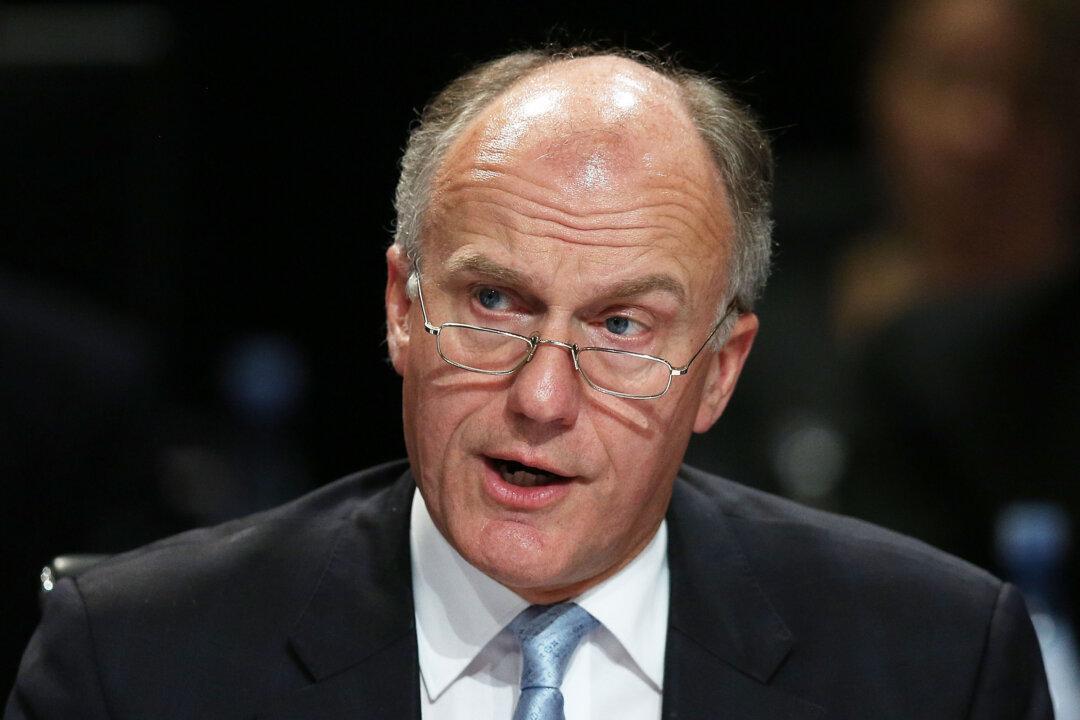Beijing’s ambassador to Australia has launched a vitriolic attack against a senator and critics of the Chinese communist regime, as the government hosts public hearings on new laws which could spell the end of the Belt and Road Initiative in the country.
The Canberra-based Cheng Jingye claimed Tasmanian Senator Eric Abetz’s recent comments at the hearing, which were critical of the Chinese Communist Party (CCP), “have the smack of Goebbel’s tricks.” Joseph Goebbels was the infamous Nazi propaganda czar.





